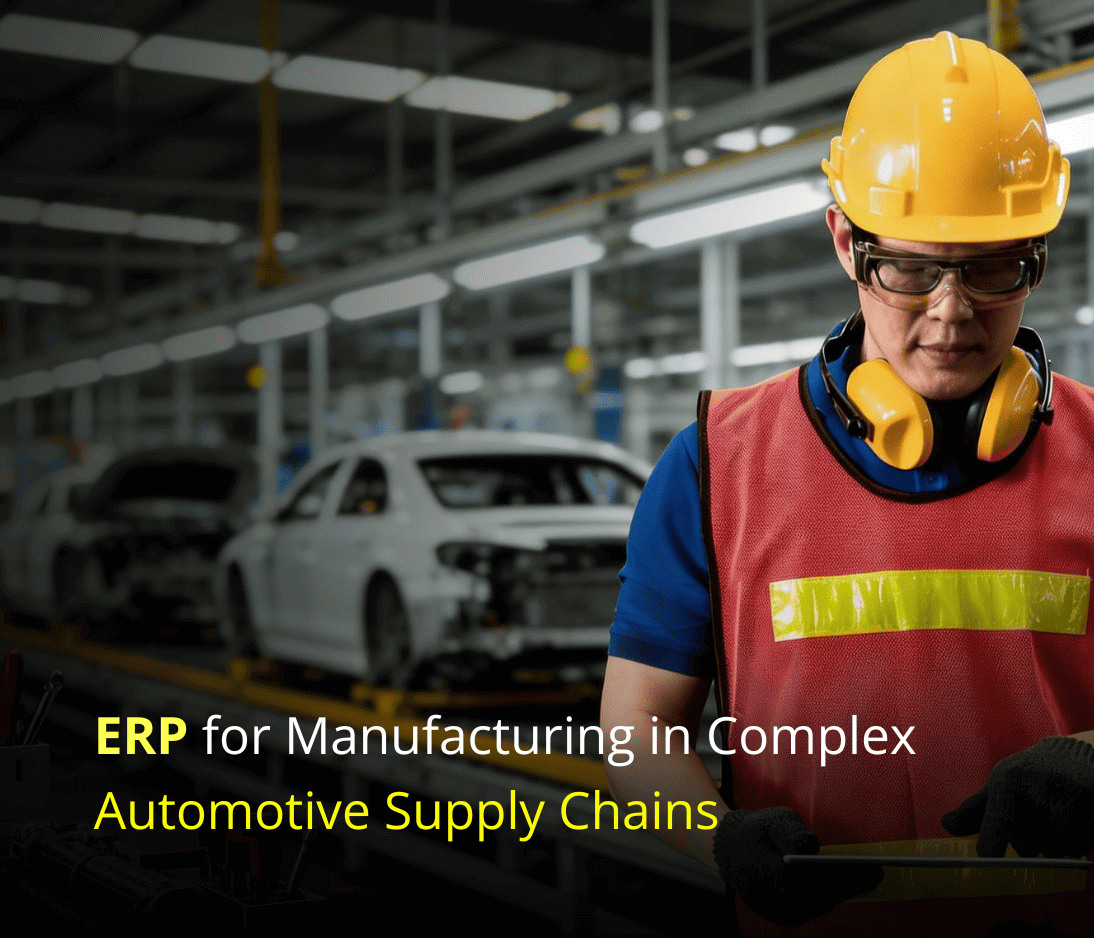Understanding Smart Manufacturing and AI-Driven ERP
Before diving deeper, it's essential to define some key terms:
Smart Factory:A smart factory leverages digital technologies such as IoT (Internet of Things), automation, AI, and data analytics to build a highly flexible and efficient manufacturing environment. Sensors and connected devices provide continuous data streams that enable real-time decision-making, predictive maintenance, and adaptive production processes.
AI ERP (Artificial Intelligence Enterprise Resource Planning):An AI-driven ERP system integrates traditional ERP functionalities—like finance, supply chain, inventory, and production management—with AI technologies. This integration enables automated data analysis, forecasting, anomaly detection, and intelligent process optimization, making ERP software more dynamic and responsive than ever.
Digital Transformation:The broader process of integrating digital technology into all areas of business, transforming the core operations and value delivery for customers. In manufacturing, digital transformation is critical to achieving the vision of the smart factory. Together, these concepts form the foundation of modern manufacturing, enabling factories to become smarter, faster, and more customer-centric.
Why Traditional ERP Systems Fall Short
Traditional ERP systems have historically functioned as the backbone of manufacturing operations, managing workflows, inventory, and reporting. However, they often operate on static data with limited real-time visibility and minimal automation. This lack of agility can hinder manufacturers in a world where speed and precision are crucial.
Challenges with traditional ERP include:
Delayed insights:
Relying on outdated reports means decisions happen after problems arise. This reactive approach slows down response time and impacts efficiency.
Siloed data:
Disconnected systems block smooth information sharing between teams. This lack of integration causes delays and misaligned operations.
Manual processes:
Manual tasks increase the chance of errors and consume valuable time. This inefficiency drives up costs and lowers productivity.
Limited scalability:
Rigid systems can't keep up with fast-changing business demands. This limits growth and flexibility in dynamic markets. This is where AI-driven ERP systems bring change.

The Transformative Benefits of AI-Driven ERP in Smart Manufacturing
Real-Time Data for Agile Decision-Making
AI-driven ERP systems integrate data from IoT devices and sensors embedded throughout the manufacturing floor, enabling real-time data collection and analysis. This continuous data flow allows managers and operators to instantly monitor production status, equipment health, and supply chain conditions. The result? Faster, data-backed decisions that reduce downtime and improve productivity.
Predictive Maintenance and Reduced Downtime
AI-powered analytics within ERP platforms can predict and prevent machine breakdowns early by identifying abnormal patterns in sensor data. This predictive maintenance approach prevents costly breakdowns and extends equipment lifespan, ensuring smooth production with minimal interruptions.
Customized ERP Software for Unique Factory Needs
No two factories are the same. Modern customized ERP software solutions can be tailored to a smart factory's specific processes, scale, and industry requirements. This flexibility ensures that every function, from inventory management to quality control, is optimized for maximum efficiency and compliance.
Enhanced Supply Chain Visibility and Optimization
AI-driven ERP systems provide a holistic view from sourcing raw materials to final delivery across the supply chain. Real-time visibility enables companies to identify bottlenecks, optimize inventory levels, and respond swiftly to disruptions, enhancing overall supply chain resilience.
Automation and Workflow Optimization
AI ERP frees up valuable human resources for strategic work by automating repetitive tasks like order processing, scheduling, and reporting. AI algorithms continuously optimize workflows to reduce waste and streamline operations, driving higher throughput and profitability.
Improved Quality Control and Compliance
AI systems embedded in ERP can detect quality issues early by analyzing production data and environmental conditions. This proactive quality management reduces defects, lowers rework costs, and helps meet stringent regulatory compliance standards.
Embracing IoT in Manufacturing
The convergence of IoT in manufacturing with AI-driven ERP amplifies the benefits of smart factories. Connected devices feed data to ERP systems and enable two-way communication to automate responses, such as adjusting machine settings or rerouting production, in real-time. This synergy transforms static ERP into a living system that drives continuous improvement.
Best Practices for Implementing AI-Driven ERP in Your Smart Factory
Start with a clear digital transformation roadmap: Define business goals and identify key processes to digitize first.
Choose customizable ERP solutions:Ensure the software can adapt to your factory's unique needs and scale over time.
Invest in IoT infrastructure:Deploy sensors and connected devices to enable real-time data collection.
Focus on data governance: Implement robust data management practices to maintain high-quality data.
Train your workforce: Build internal expertise and promote a culture of innovation.
Measure and iterate: Use ERP analytics to monitor performance and optimize processes continuously.
Future-Proof Your Factory with AI-Driven ERP
The future of manufacturing lies in smart, agile factories powered by AI-enabled ERP systems that harness real-time data, automation, and advanced analytics. By transitioning to AI-driven ERP, manufacturers can unlock unprecedented efficiencies, reduce operational risks, and stay competitive in an ever-evolving market.
Fill in the form to connect with our product experts for a tailored consultation and discover the benefits an AI-powered ERP will bring your business.







